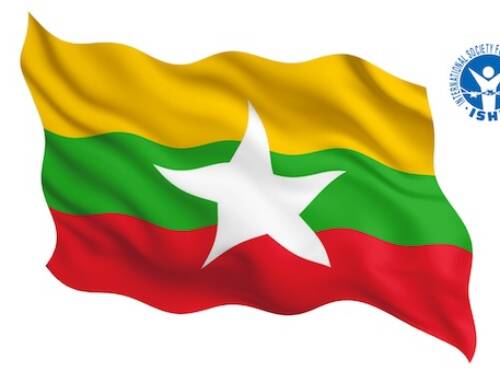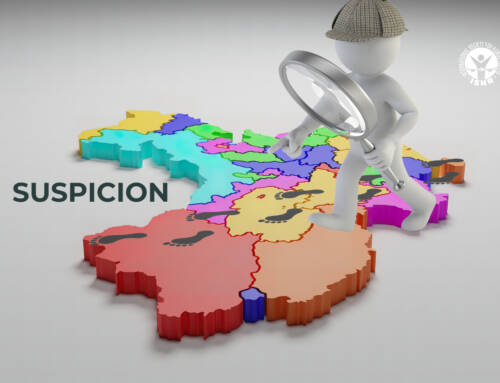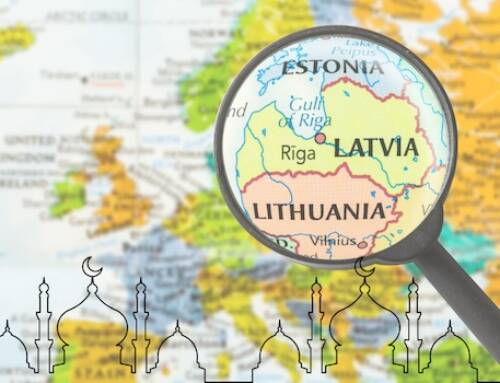BELARUS

Detention and tortures in Belarus
Victims of political persecution need help
Maria Kolesnikova was taken to prison in Zhodino in the north-east of Minsk (as of 13 September). Lukashenko’s regime wanted to forcibly deport to Ukraine a courageous 38-year-old opposition activist and a representative of the Coordination Council. However, she prevented this by tearing up her passport right at the border. She is now charged, inter alia, with “endangering national security” under Article 361 of the Criminal Code of the Republic of Belarus.
The Belarusian Human Rights Organisation “Viasna” (“Spring”), the Belarusian Helsinki Committee (BHC), the Belarusian Human Rights House, the Belarusian Association of Journalists and the Belarusian section of PEN-International together with other organisations stated: “We categorically reject this legal qualification”.
It is artificial, biased and clearly politically motivated. Human rights defenders stated:
“We believe that Maria Kolesnikova, Maxim Znak and Ilya Salei are political prisoners and we insist on their immediate release”.
In a letter to the UN Special Rapporteur on Torture, “Viasna”, the BHC, the World Organisation Against Torture (WOAT) and the International Federation for Human Rights (IFHR) state:
“Between 9 and 14 August, state agents of the Ministry of Internal Affairs of Belarus committed numerous human rights violations against thousands of demonstrators who were protesting against the rigged presidential elections (…) More than 6000 people were arrested, held in solitary confinement for up to 10 days, and at least 450 of them were beaten, humiliated and tortured by police officers (…)The law enforcement system has been trained and prepared for such harsh repressions against the population (…) However, the current level and degree of brutality are unprecedented even for Belarus”.
“Viasna” and the WOAT immediately collected information about victims of tortures and ill-treatment. Between 12 and 20 August, the testimonies of more than 450 victims were collected, backed up by photo and video material. More than a hundred victims have already been interviewed on video. The initial analysis of the testimonies has reliably demonstrated the systemic nature of tortures and cruel, inhuman and degrading treatment throughout Belarus.
The letter to the UN Special Rapporteur mentions, among other things, “fractures, bruises of varying degrees of severity on the hips and upper body, psychological traumas, beatings in vehicles and detention centres”:
“During the beatings, prisoners were forced to take a certain, usually humiliating, position, shout slogans, recite prayers and sing the national anthem (…) Some prisoners were forced to take a stationary, uncomfortable position for several hours, after which their limbs were completely numb; their hands were bound with a self-closing plastic zip, which caused special suffering (…) The women prisoners claim that the behaviour towards them was extremely sexist and humiliating. There are reports of rape of both women and men by the officers of the Ministry of the Interior using rubber truncheons”.
Edgar Lamm, the Chairman of the German section of the ISHR, and Professor Ivan Kotlyar, the Chairman of the Belarusian section, condemned violence by the security forces in Belarus. At the demonstration of Belarusians in Berlin, ISHR Board Member Michael Leh emphasised the solidarity of the ISHR with the democratic movement and praised the outstanding dedication of Belarusian women.
Further educational work on the situation in Belarus is needed. Victims of political persecution need support. To be able to provide effective assistance, we want to strengthen the Belarusian-Russian working section by hiring a part-time employee. In order to achieve our next goal, we expect 15,000 euros for the next six months. So that we can implement and secure our project as quickly as possible, we kindly ask for your help.
Password for your donations: Belarus (36)
More News from the Eastern Partnership and Russia
Photo: Belarusian female students in Berlin. Photo: Michael Leh





